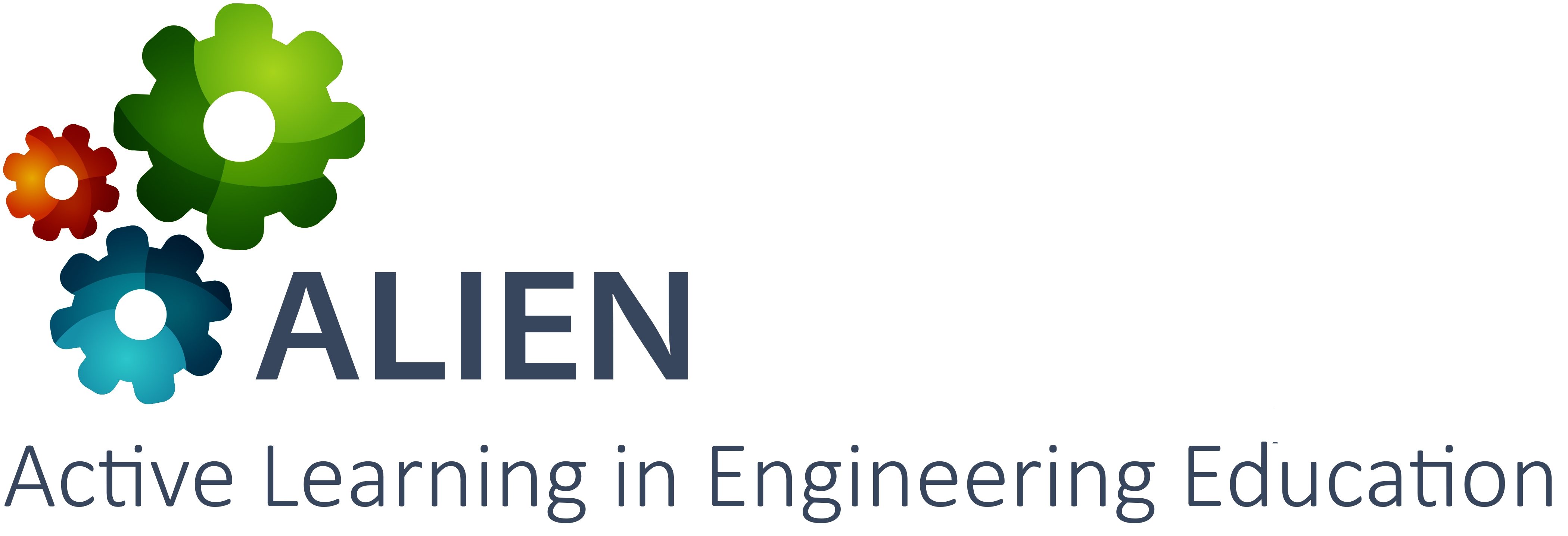Erasmus Active Learning in Engineering and Technology Education 2nd Meeting
Kuala Lumpur, 9 January 2019 – University of Malaya is hosting a three days Erasmus Active Learning research project meeting starting today at University of Malaya Chancellery Building. This is an international project with partner countries that include Greece, Portugal, the United Kingdom, Estonia, Bulgaria, Pakistan, Vietnam, Cambodia and Nepal. The project aims to promote Problem-Based Learning approaches in Engineering and Technology Education (ALIEN). The first meeting was held in June 2018 in Greece hosted by the lead University – University of Thessaly. This significant 2nd meeting in Malaysia was welcomed by Prof. Dr. Kamila Ghazali, the Deputy Vice Academic and Internalization.
Prof. Kamila highlighted the position of UM being at the forefront in supporting active learning through enhanced infrastructure known as the ‘CUBE’ in UM. UM, although known for being the leading university in research, puts equal emphasis on high quality teaching and learning activities. This is in line with the Malaysian government’s aspiration for continually improving the quality of its higher education system where active learning is highly emphasised for student’s holistic development.
Accommodating the transformation brought by the fourth Industrial Revolution, the practice of active learning in UM has been highly supported by appropriate learning spaces. The learning spaces project in UM had started with the experimental Collaborative Interactive Learning Room in 2008. The UM’s Learning Space Policy in 2012 reinforced all renovation of a classroom into ‘The CUBE’ project in several faculties. Since then, UM has upgraded more than 35 existing spaces into CUBE throughout the campus.
Prof Kamila added, the CUBE offers conducive, fun and technology assisted learning environment, which is timely for millennials who are currently studying at our university. The time for traditional classroom setting has passed and it is time to move forward in preparing our students for an exciting career ahead of them. According to Prof Carlos Vaz de Carvalho of Porto Polytechnic, Portugal, the scientific coordinator ALIEN, and Dr Hariklia Tsalapatas of the University of Thessaly, Greece, the project manager, the PBL which is one of the highest form of active learning approach will be supported through fully developed and operational labs that will be installed at partner sites. This PBL methodology will also be supported by a virtual learning environment that will allow a multinational community of researchers, lecturers and practitioners to discuss and share best practices in active learning. Eventually, this project will produce an ALIEN online collaborative platform consisting of PBL games and scenarios in a common storage to be shared and used by others.
University of Malaya is one of the universities in Malaysia as a partner country in the ALIEN project consortium. Prof. Dr Siti Salwah Salim from the Faculty of Science and Information Technology headed this project and is currently setting up its Active Learning Lab for teaching Software Engineering courses. The aim is to equip software engineers for the workplace to solve future problems. Dr Raja Jamilah Raja Yusoff, from the Faculty of Computer Science & Information Technology and Dr Aishah Abu Bakar from the Faculty of Engineering, are the co-principal investigator for this project. Both of them have vast experience in transforming and innovating the PBL practice in their courses.
This meeting provides a great opportunity for country members to execute the above aspiration in transforming normal classes into active learning spaces.
Project ALIEN is funded by the Capacity Building for Higher Education Program of the European Commission and runs from 2017 to 2020. More information on the project is available on the ALIEN project portal.
UNIVERSITY OF MALAYA
9 JANUARY 2019


